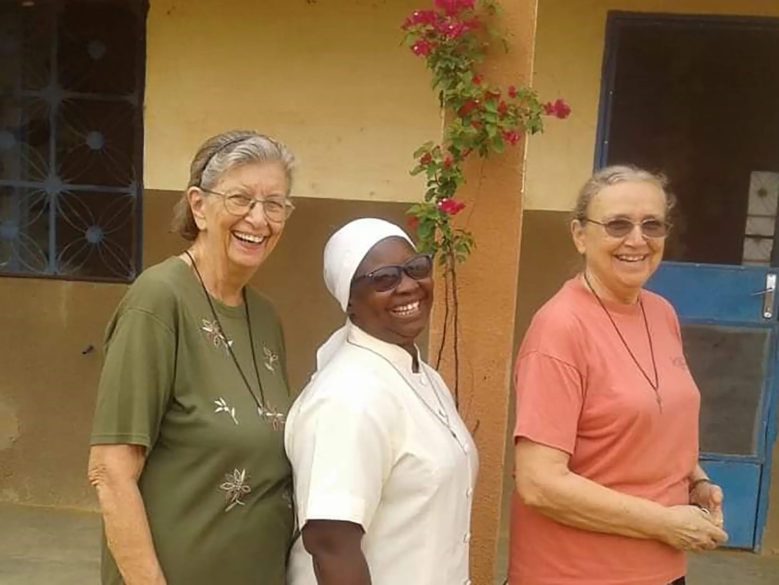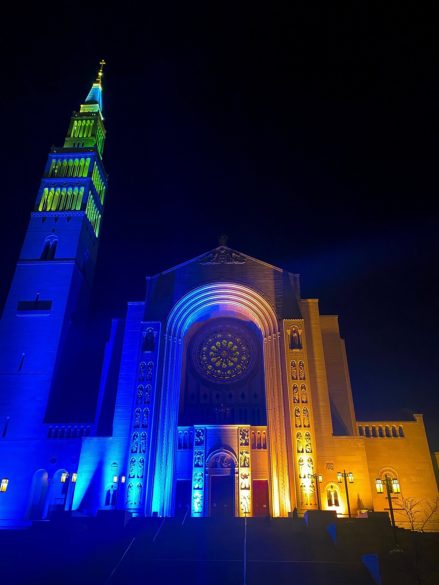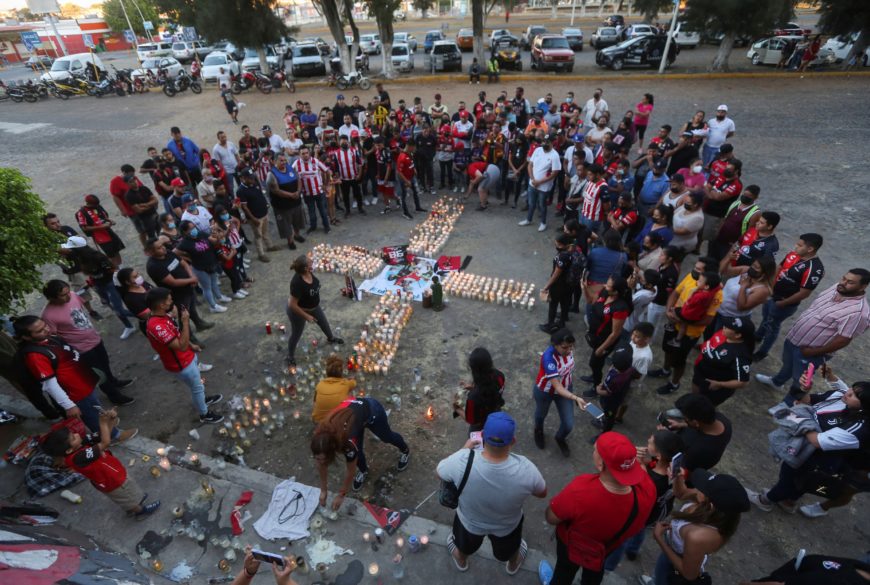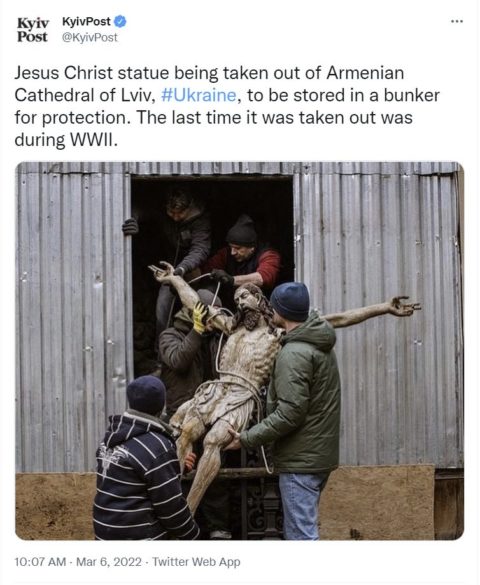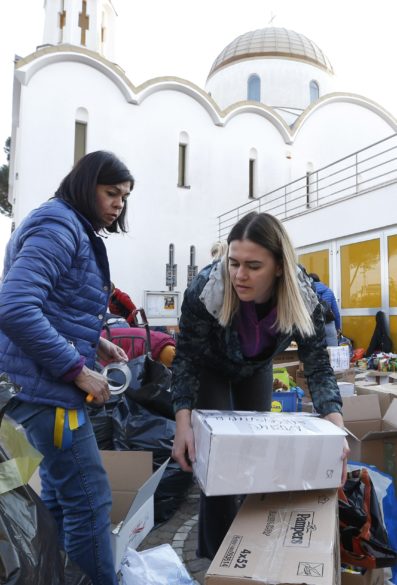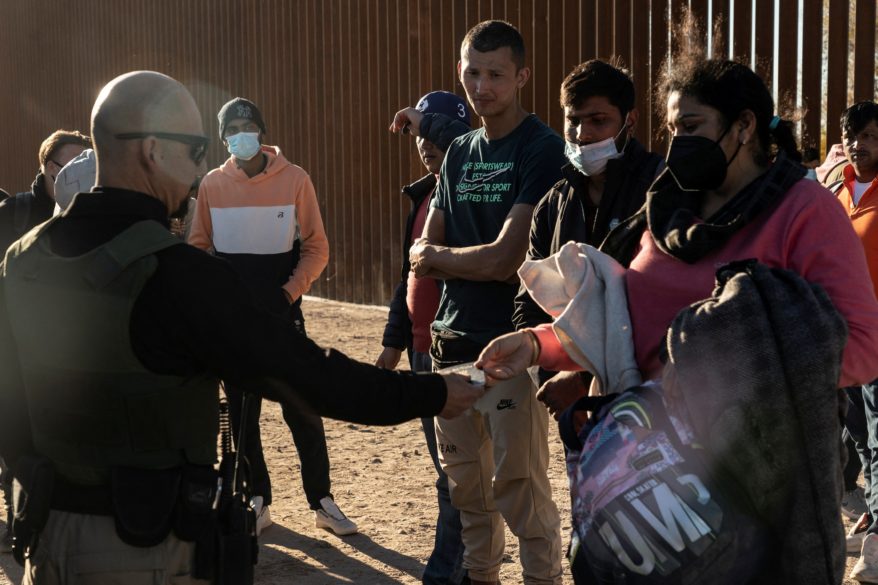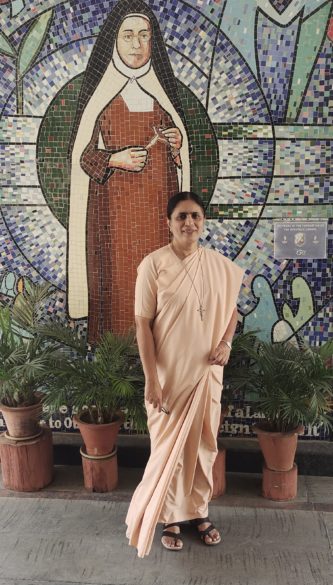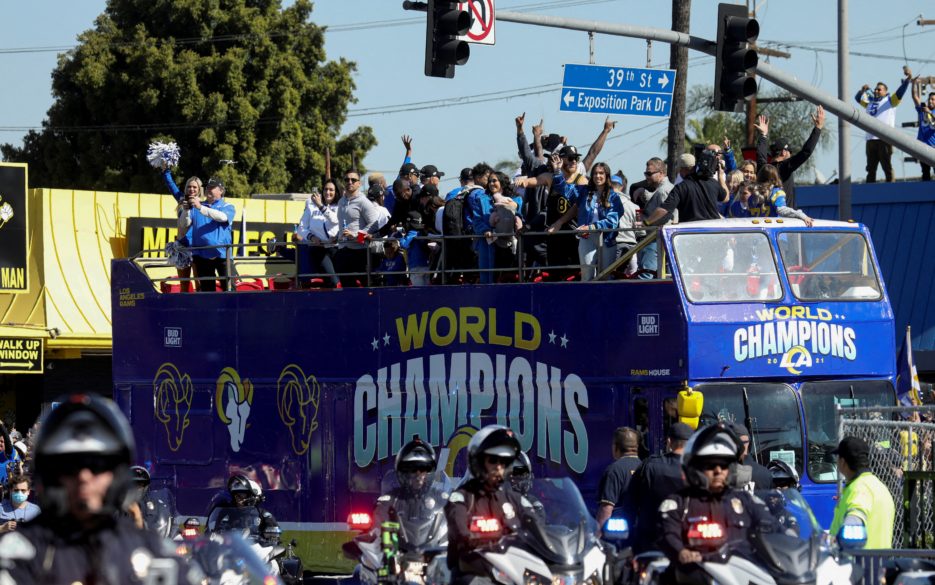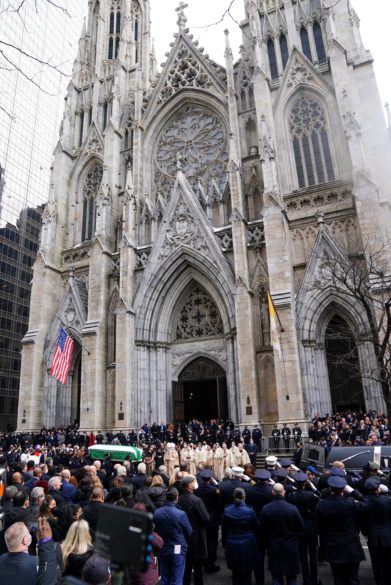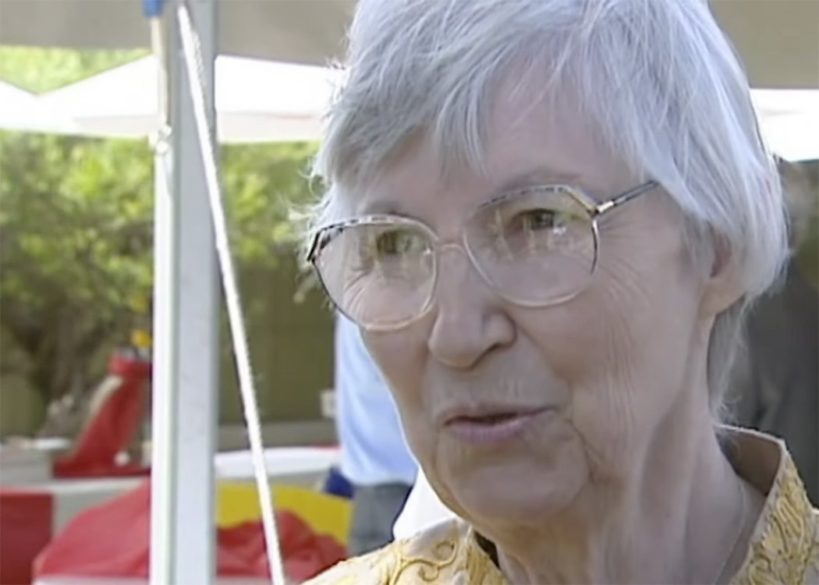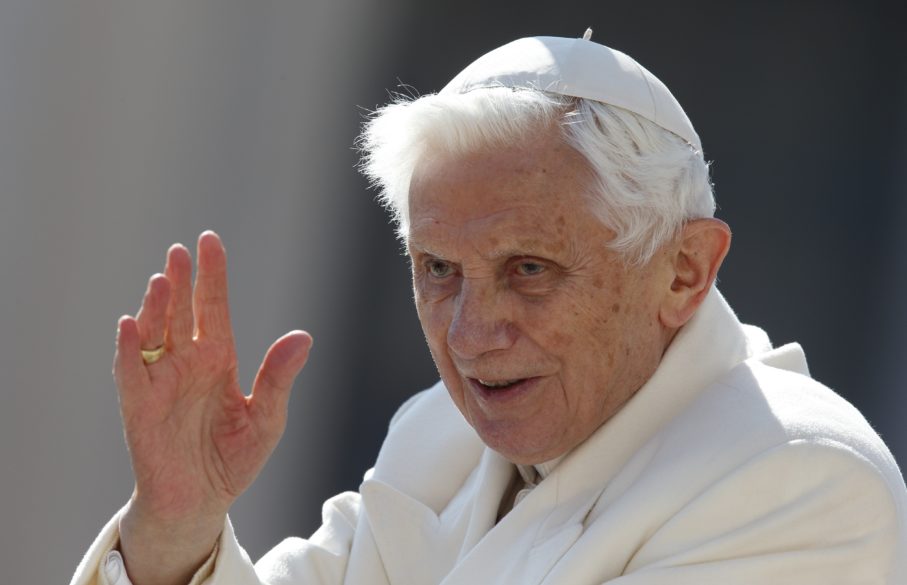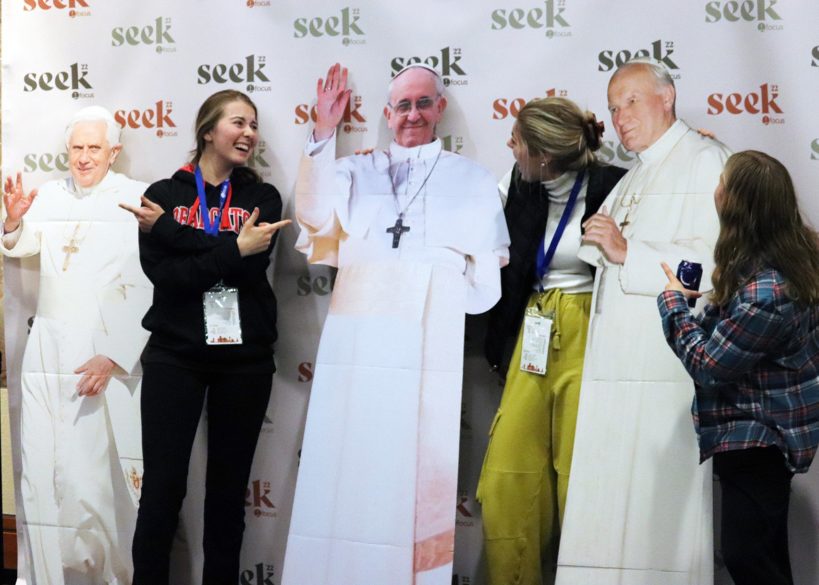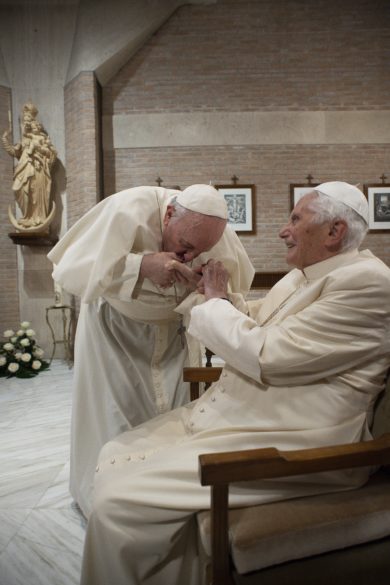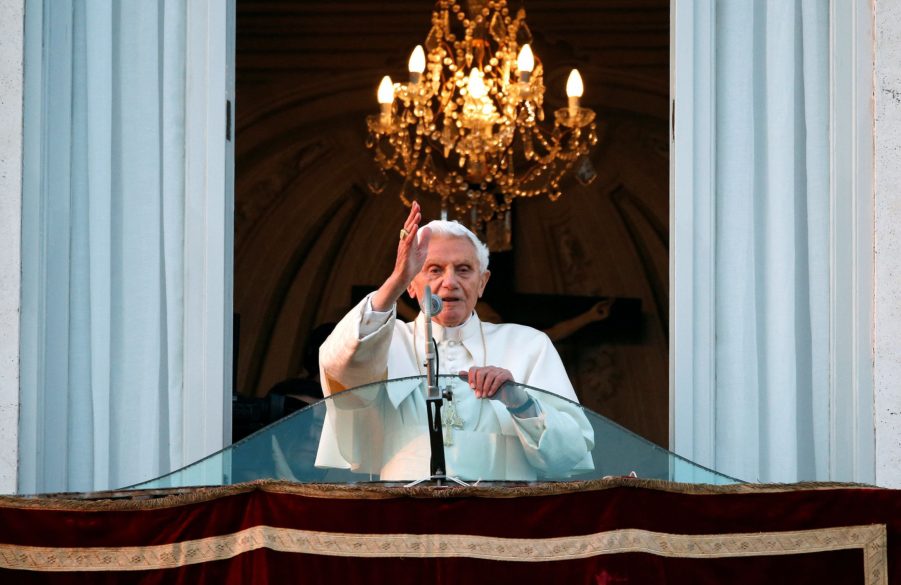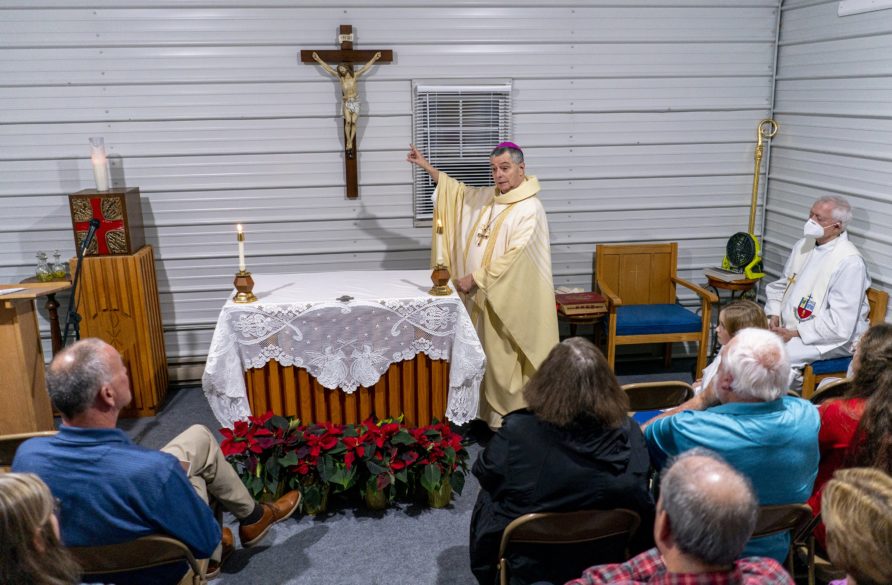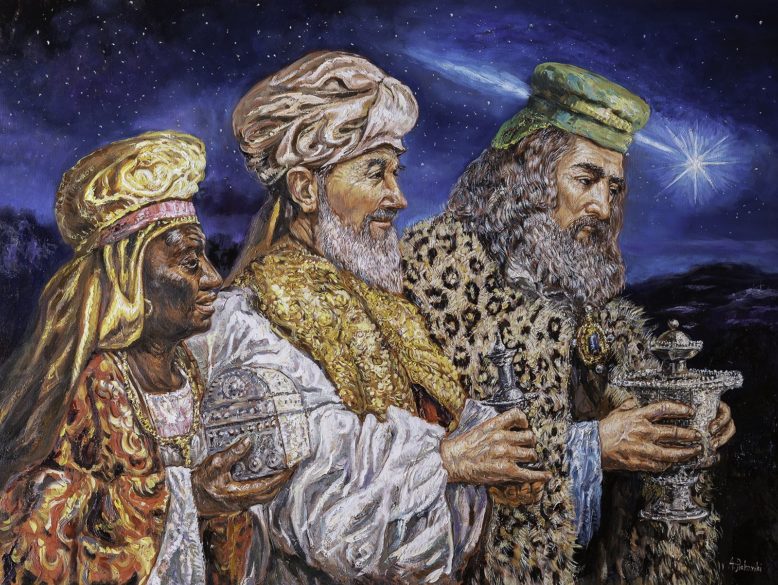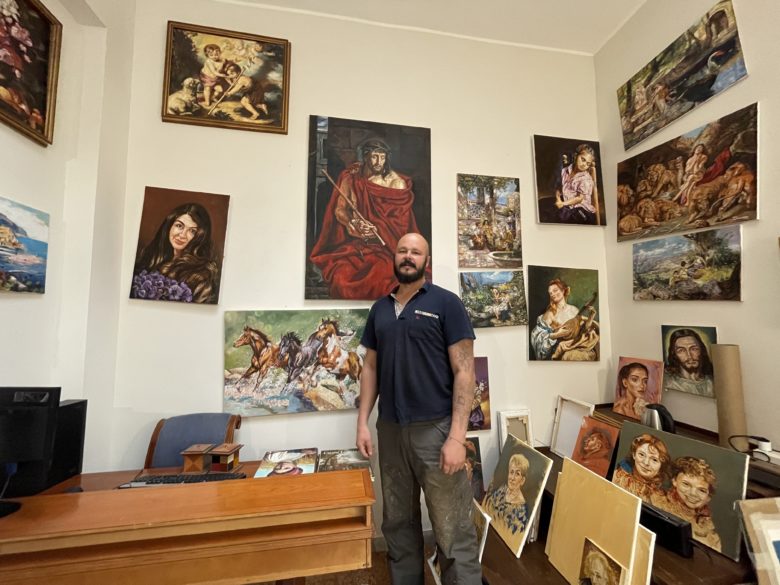NATION
WASHINGTON (CNS) – Two members of a group called Progressive Anti-Abortion Uprising said April 5 that five fetuses taken by the police a week earlier from the Capitol Hill residence of one of the activists were “proof of illegal abortions” being performed at a Washington abortion clinic. Activists Lauren Handy, 28, and Terrisa Bukovinac, 41, made the comments at a news conference. The same day, a group of 23 congressional Republicans wrote a letter to Mayor Muriel Bowser and Police Chief Robert J. Contee III asking for a thorough investigation of the remains “of five preborn children” and urging they not assume – “without conducting any medical evaluations” – that “each child died as the result of a legal abortion.” Handy and Bukovinac said the fetuses are from a box of medical waste they got from the driver of a medical waste truck at an abortion clinic, and they claimed the fetuses looked like they were from late-stage abortions. According to a Washington Post story and other news accounts, the two women described walking up to a Curtis Bay Medical Waste Services truck outside the Washington Surgi-Clinic, one of a few U.S. abortion clinics that does late-term abortions. They said they asked the driver if he had picked up anything from the clinic. The driver told them yes, they said, so they asked for a box. “The driver asked what they would do with the remains inside,” The Washington Post reported. “After they told him they would give the (fetal) remains a funeral and bury them … the driver gave them a box.”
NEW ORLEANS (CNS) – The attack in which Marianite Sister Suellen Tennyson, 83, was abducted from her convent in Yalgo, Burkina Faso, the morning of April 5 was conducted by at least 10 armed men, the Marianites of Holy Cross said in an electronic newsletter. The congregation said Sister Tennyson, the former international congregational leader for order and a native of the Archdiocese of New Orleans, was sleeping when the men burst into the convent, ransacked the living quarters and kidnapped her, leaving behind two other Marianite sisters and two young women who also live in the convent. “There were about 10 men who came during the night while the sisters were sleeping,” Marianite Sister Ann Lacour, congregational leader, said in the e-bulletin April 6. “They destroyed almost everything in the house, shot holes in the new truck and tried to burn it. The house itself is OK, but its contents are ruined.” Sister Lacour, who currently is attending a congregational meeting in Le Mans, France, said the Marianites have contacted both the U.S. Embassy in Burkina Faso and the U.S. State Department, and “they have assured us that this is a high priority case for them.” The congregation also has contacted the apostolic nuncios to the U.S., Burkina Faso and France as well as the Vatican’s secretary of state and the Leadership Conference of Women Religious in the U.S. The other two Marianites at the convent – Sister Pauline Drouin, a Canadian, and Sister Pascaline Tougma, a Burkinabé – were not abducted and did not see many of the details. “They think there were more men on the road. They have heard nothing from or about Suellen since she was taken.”
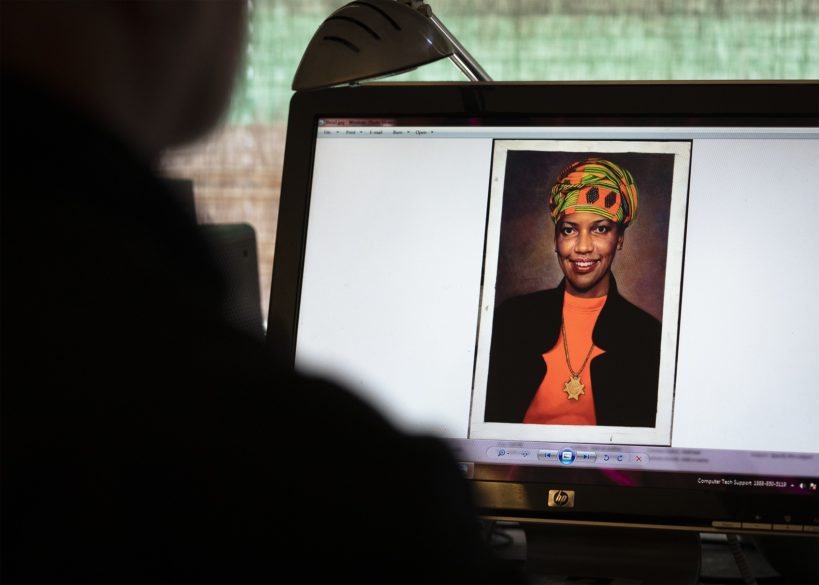
VATICAN
VATICAN CITY (CNS) – Pope Francis recognized a miracle attributed to the intercession of Blessed Artémides Zatti, a Salesian brother who was a pharmacist in Argentina and known for his care for the sick; the miracle clears the way for his canonization. During a meeting April 9 with Cardinal Marcello Semeraro, prefect of the Congregation for Saints’ Causes, the pope also signed decrees advancing the sainthood causes of four other men and five women. Born in the northern Italian city of Reggio Emilia in 1880, Blessed Zatti’s family immigrated to Bahía Blanca, Argentina, in 1897. At the age of 19, he was accepted by the Salesians to study for the priesthood. However, he was forced to abandon his studies after falling ill with tuberculosis. According to his biography published by the Vatican, he moved to the Andean city of Viedma to recover and, during that time, he made a vow to Mary to serve the sick and the poor for the rest of his life if he was healed. After his recovery, he made good on his promise and, after professing his vows as a Salesian brother in 1908, he worked at a Salesian-run hospital where he served for more than 40 years as a trained pharmacist, nurse and operating-room assistant as well as handling the hospitals budget and personnel. Blessed Zatti was diagnosed with liver cancer and died in 1951.
WORLD
NAIROBI, Kenya (CNS) – The Nigerian bishops said lack of arrests in widespread attacks gives credibility to the idea that the government is either complacent or compromised. “Nigerians are sick of flimsy excuses and bogus promises from the government to deal with terrorists,” wrote Archbishop Lucius Iwejuru Ugorji of Owerri, newly elected president of the Nigerian bishops’ conference, on behalf of the bishops. “Considering the billions of naira appropriated for security and the fight against terrorism in recent times, it is difficult to imagine that a large number of terrorists, who unleashed terror on unarmed and law-abiding citizens can disappear in broad daylight without a trace. “It is indeed very hard to believe that our security apparatus lacks intelligence or the ability to fight and defeat terrorists in our nation,” the archbishop said. His April 4 statement came as the country was still dealing with a March 28 attack on a commuter train. Gunmen detonated a bomb on the tracks and opened fire on the train; when Archbishop Ugorji issued his statement, more than 150 people were still missing.
